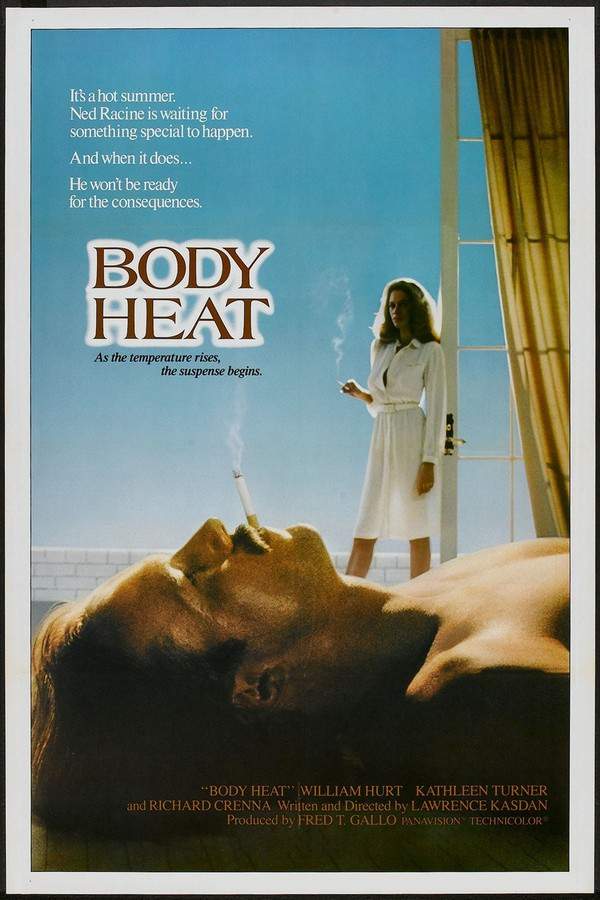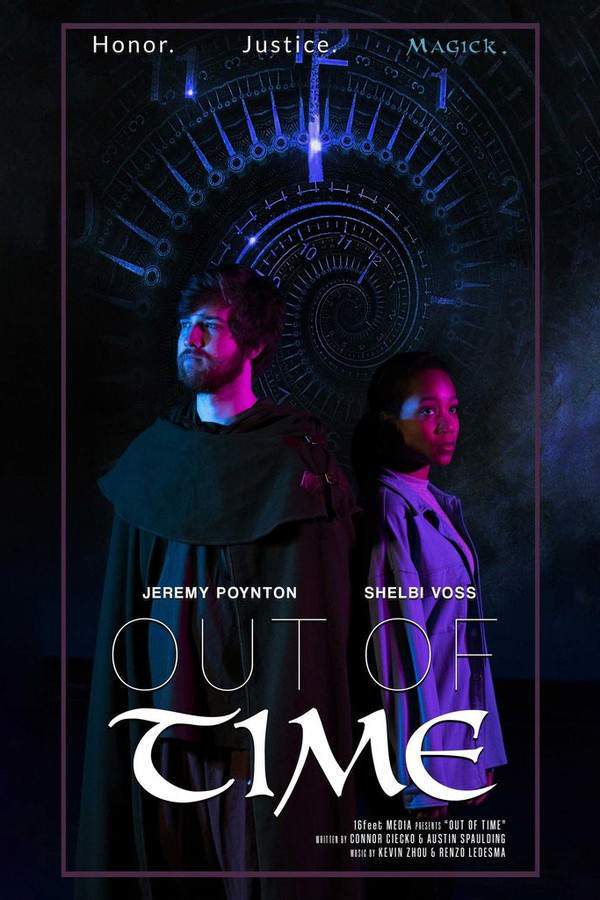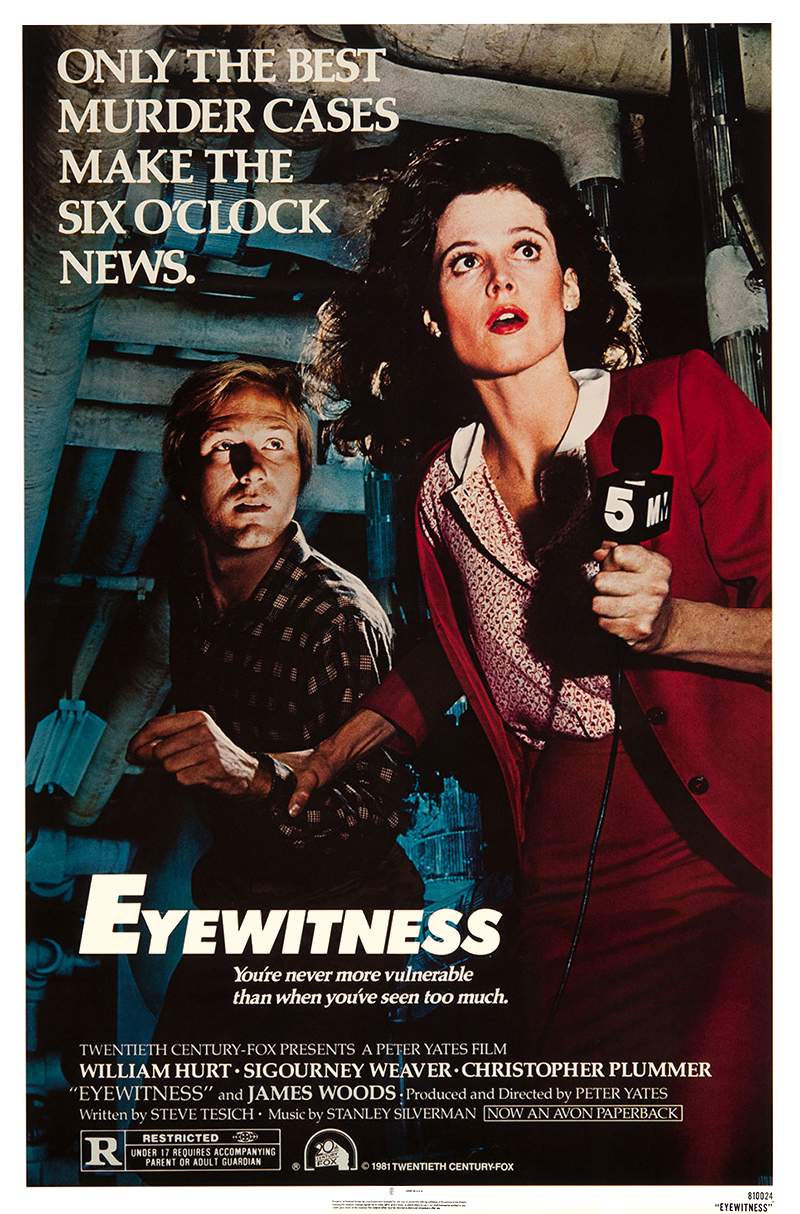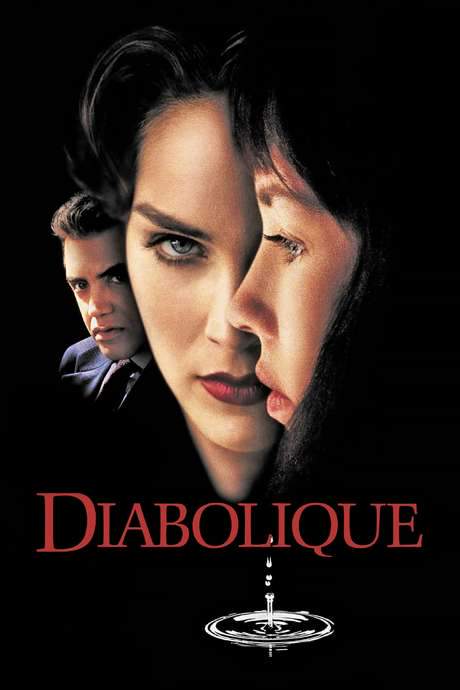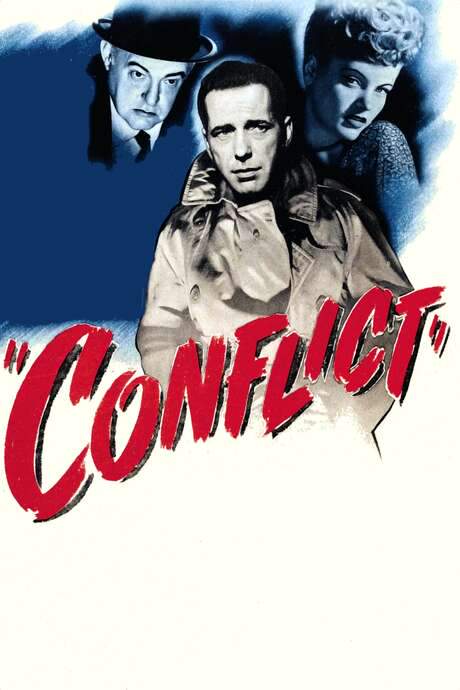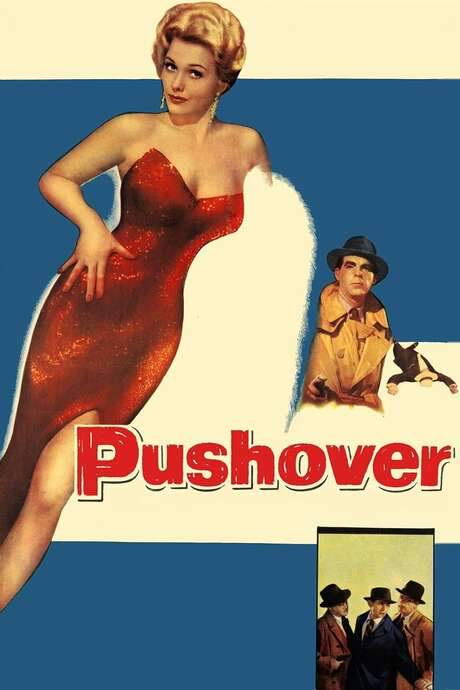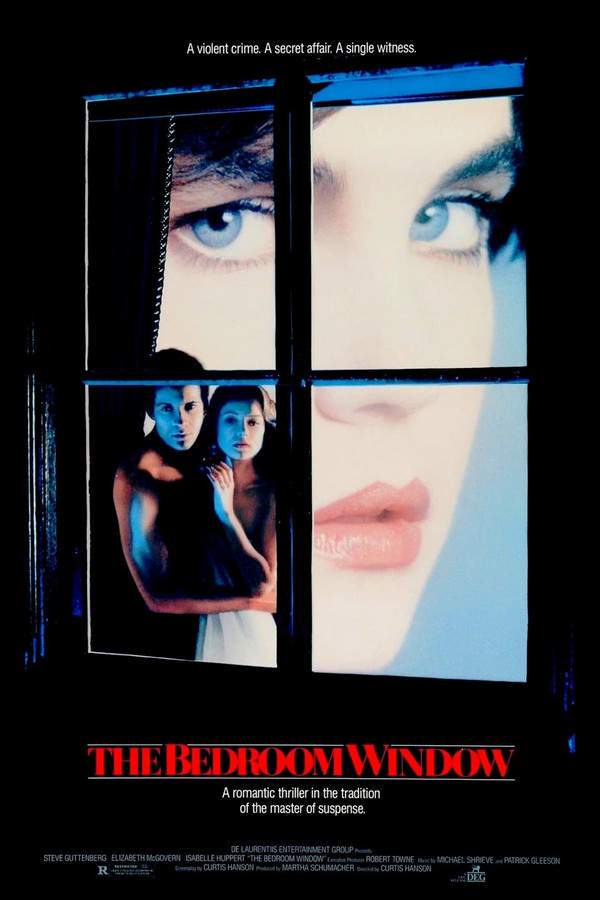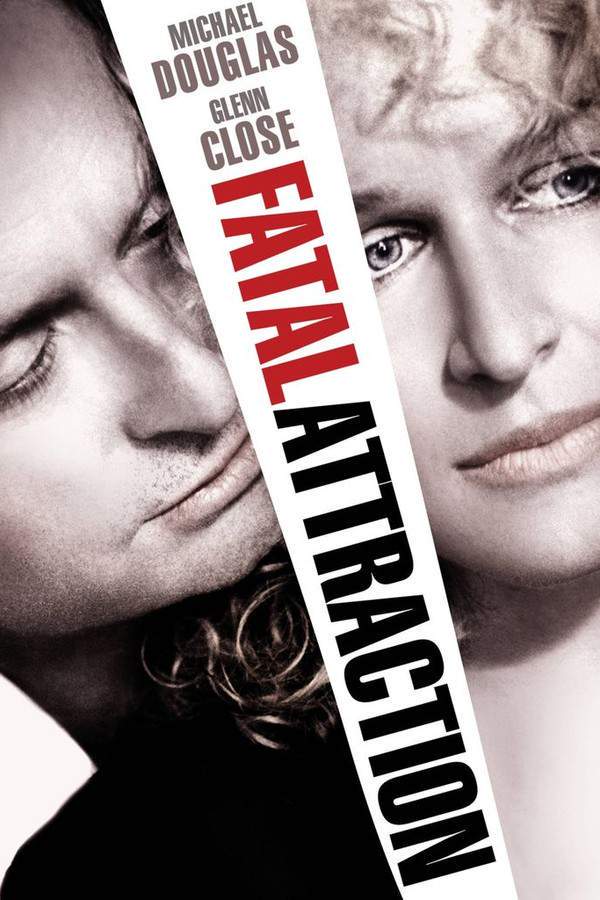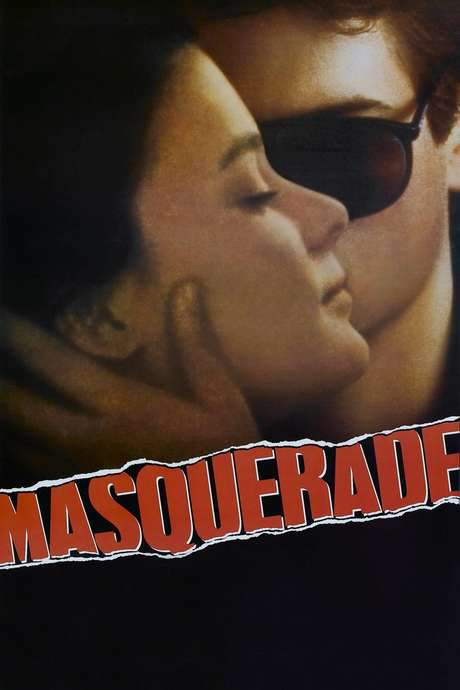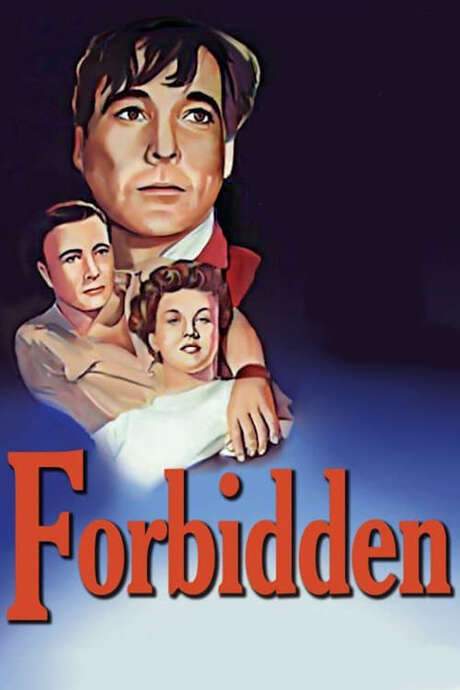
Sea of Love
Year: 1989
Runtime: 113 mins
Language: English
Director: Harold Becker
Deception proves dangerous and desire deadly for seasoned New York detective Frank Keller. After twenty years on the force and a painful divorce after his wife left him for a colleague, Keller teams with a fellow officer to track a string of murders tied to lonely‑hearts ads. As the case unfolds, he becomes entangled with Helen, a suspect.
Warning: spoilers below!
Haven’t seen Sea of Love yet? This summary contains major spoilers. Bookmark the page, watch the movie, and come back for the full breakdown. If you're ready, scroll on and relive the story!
Sea of Love (1989) – Full Plot Summary & Ending Explained
Read the complete plot breakdown of Sea of Love (1989), including all key story events, major twists, and the ending explained in detail. Discover what really happened—and what it all means.
Frank Keller, Al Pacino, is a burned-out New York City homicide detective who has endured two decades on the force, a failing marriage, and a mounting sense of futility. His wife left him and married one of his colleagues, leaving him to wrestle with a bottle and the ache of a life that hasn’t quite added up. When a troubling case lands on his desk, he faces a killer who shoots men in their beds, naked and listening to a worn 45 rpm of the 1959 classic Sea of Love. The investigation narrows to three striking clues: a lipstick-smeared cigarette, a want ad the dead man placed in the lonely-hearts column, and the killer’s fingerprints left behind. The case feels almost personal, and Frank must confront a growing weariness even as the pressure to solve the murders tightens around him.
A second victim dies in the same disturbingly clinical manner in Queens, and the local precinct responds with urgency. Detective Sherman Touhey, John Goodman, suggests that the two of them pool their resources and run this down together. Both victims had placed rhyming ads in the lonely-hearts section, a chilling detail that hints at a pattern and a motive. The trail leads them to Raymond Brown, Michael O’Neill the only other man with a rhyming ad, a married man who admits placing the ad but swears he discarded the letters and never saw anyone. The case begins to tilt toward a personal torment rather than a random series of killings, and Frank’s instincts tell him there is more at stake than just matching fingerprints to a suspect.
In a bid to flush out the killer, Frank decides to imitate the method that claimed the other victims: he places a rhyming ad in the paper, plans to meet women in a restaurant, and tries to retrieve prints from their drinking glasses. His precinct chief remains skeptical but gradually comes around when Brown’s own death confirms that the pattern is real and deadly. As Frank delves deeper, he ends up in a social maze, dining with several women while Sherman, masquerading as a waiter, quietly bags the glasses for forensic analysis. One woman, Helen Cruger, Ellen Barkin — a divorced woman who runs a stylish shoe store — initially shows no interest in Frank and exits a table without ever taking a drink, so he cannot obtain her prints. A chance encounter at a market changes everything, and Helen appears warmer, a subtle shift that makes Frank reassess his approach and his own risk tolerance. He keeps his occupation to himself, opting for normalcy in a moment that feels dangerously close to real connection.
The two detectives’ work continues to blur the lines between professional and personal, and Frank and Helen slowly move from wary acquaintances to something closer to a forbidden romance. They go to his apartment, despite Sherman’s warnings, and what begins as a tentative, electric encounter soon becomes a charged, mutual attraction. A dangerous undercurrent runs beneath their growing closeness: Frank spots a gun in Helen’s purse, and his nerves flare. Helen explains she keeps what she calls a starting pistol because she’s been frightened lately, a detail that hardly eases his suspicion. They share a night of passion, and the relationship deepens, even as Frank recognizes the conflict between his love for Helen and the job he’s sworn to do. He has a chance to obtain Helen’s prints on a glass, but, torn between desire and duty, he wipes the evidence away. The romance strains as Helen discovers that he is a cop, and the trust that once seemed possible starts to fray. A moment of vulnerability breaks through when Frank almost confesses his true feelings while drunk, but he is stopped by the fear of what the truth might reveal. When he confronts her about the ads, Helen refuses to admit any involvement, and he tells her to leave.
Scooping closer to the truth, a new, chilling revelation arrives just as Frank faces the possibility of companionship. The killer bursts into the apartment: Terry, Michael Rooker, Helen’s ex-husband, who has been stalking her and murdering the men she dates. Terry uses fear and brutality to force Frank into a humiliating, intimate lie on the bed, forcing him to demonstrate exactly how he made love to Helen in the past, as the killer did to his other victims. Frank’s reflexes kick in, and he overpowers Terry, scrambling for the phone to call for help. In the struggle that follows, Terry lunges again, and they tumble toward the window. Frank manages to throw Terry out, and Terry plummets to his death through the apartment’s bedroom window, a grim final act of violence and a brutal wake-up call for Frank.
Weeks pass, and Frank begins to rebuild his life with a clearer sense of sobriety. He meets Sherman in a bar, and the two men, who had built their professional camaraderie on shared danger, find a way back to trust. In the quiet aftermath, Helen re-enters the picture, and she confronts the pain of the past with a surprising degree of forgiveness. The film closes on a fragile but hopeful note: Frank remains committed to his sobriety, his partnership with Sherman is rekindled, and he and Helen decide to try again, choosing each other in the shadow of the crimes that nearly broke them both.
Last Updated: October 09, 2025 at 14:31
Explore Movie Threads
Discover curated groups of movies connected by mood, themes, and story style. Browse collections built around emotion, atmosphere, and narrative focus to easily find films that match what you feel like watching right now.
Burned-Out Detective Thrillers like Sea of Love
Where a flawed detective's personal life collides with a high-stakes case.If you liked Sea of Love, explore more movies featuring jaded investigators whose personal demons fuel a dangerous obsession with their case. These similar crime stories blend procedural tension with heavy psychological drama, moral conflict, and a bittersweet, emotionally taxing resolution.
Narrative Summary
Stories in this thread follow a detective or investigator, often haunted by past failures, who becomes deeply and unprofessionally entangled in their current case. The narrative is driven by the dual pressure of solving the crime and the protagonist's psychological descent, leading to a climax where the personal and professional conflicts violently converge.
Why These Movies?
These films are grouped by their focus on a specific character archetype—the flawed, burned-out detective—and the narrative pattern of a case that becomes intensely personal. They share a high-stakes, tense atmosphere, a heavy emotional weight from moral ambiguity, and a tone that balances procedural suspense with melancholic character study.
Fatal Romance Thrillers like Sea of Love
A passionate affair tangled with paranoia, suspicion, and deadly secrets.Find movies like Sea of Love where a passionate, forbidden romance is intertwined with suspense and danger. These similar thrillers explore the theme of fatal attraction, featuring charismatic but suspect lovers, high-stakes deception, and a tense, emotionally heavy journey with a bittersweet resolution.
Narrative Summary
The narrative pattern revolves around a protagonist drawn into a consuming relationship with a charismatic but mysterious figure who may be involved in a crime. The story structure hinges on the slow drip-feed of clues that alternately confirm and deny the lover's guilt, building unbearable tension until the dangerous truth is finally revealed, often with violent consequences.
Why These Movies?
These movies share a core thematic and tonal blend: the intoxicating highs of a new romance are undercut by the chilling lows of suspicion and fear. They are defined by a specific emotional mix of high romance, high tension, and paranoia, delivered through a steady, suspenseful pace that keeps the audience guessing about the lover's true nature.
Unlock the Full Story of Sea of Love
Don't stop at just watching — explore Sea of Love in full detail. From the complete plot summary and scene-by-scene timeline to character breakdowns, thematic analysis, and a deep dive into the ending — every page helps you truly understand what Sea of Love is all about. Plus, discover what's next after the movie.
Sea of Love Timeline
Track the full timeline of Sea of Love with every major event arranged chronologically. Perfect for decoding non-linear storytelling, flashbacks, or parallel narratives with a clear scene-by-scene breakdown.

Characters, Settings & Themes in Sea of Love
Discover the characters, locations, and core themes that shape Sea of Love. Get insights into symbolic elements, setting significance, and deeper narrative meaning — ideal for thematic analysis and movie breakdowns.

Sea of Love Spoiler-Free Summary
Get a quick, spoiler-free overview of Sea of Love that covers the main plot points and key details without revealing any major twists or spoilers. Perfect for those who want to know what to expect before diving in.

More About Sea of Love
Visit What's After the Movie to explore more about Sea of Love: box office results, cast and crew info, production details, post-credit scenes, and external links — all in one place for movie fans and researchers.

Similar Movies to Sea of Love
Discover movies like Sea of Love that share similar genres, themes, and storytelling elements. Whether you’re drawn to the atmosphere, character arcs, or plot structure, these curated recommendations will help you explore more films you’ll love.
Explore More About Movie Sea of Love
Sea of Love (1989) Scene-by-Scene Movie Timeline
Sea of Love (1989) Movie Characters, Themes & Settings
Sea of Love (1989) Spoiler-Free Summary & Key Flow
Movies Like Sea of Love – Similar Titles You’ll Enjoy
Lonely Hearts (2007) Plot Summary & Ending Explained
Dead Sexy (2001) Ending Explained & Film Insights
The Dark Sea (2006) Detailed Story Recap
The Scarlet Letter (2004) Movie Recap & Themes
Rog (2005) Plot Summary & Ending Explained
Love Kills (1991) Movie Recap & Themes
They Won’t Believe Me (1947) Full Movie Breakdown
The Detective (1968) Film Overview & Timeline
Love Crimes (1992) Full Summary & Key Details
East Side, West Side (1949) Complete Plot Breakdown
Love Lies Bleeding (2008) Film Overview & Timeline
Kill the Love (1996) Spoiler-Packed Plot Recap
Criminal Passion (1994) Full Movie Breakdown
Crime of Passion (1956) Plot Summary & Ending Explained
Loving Adults (2022) Full Movie Breakdown

